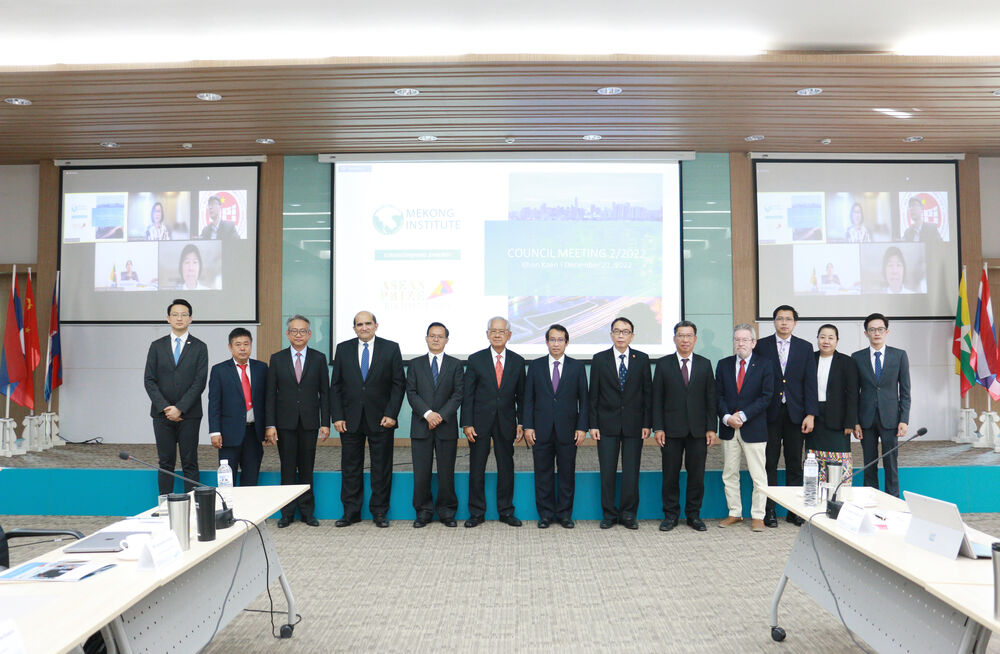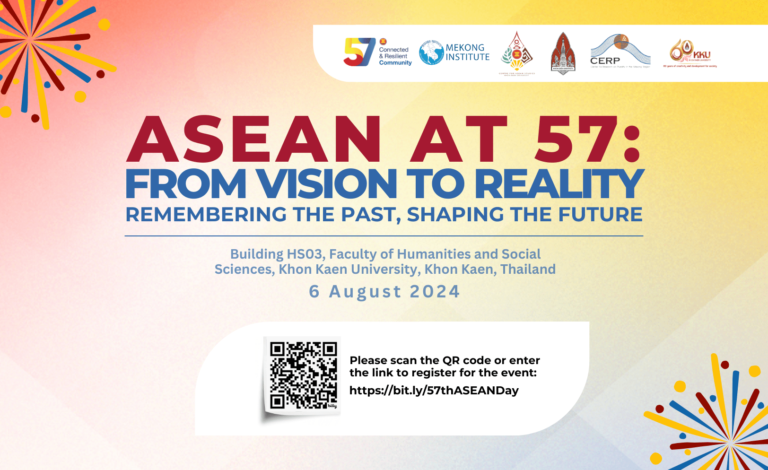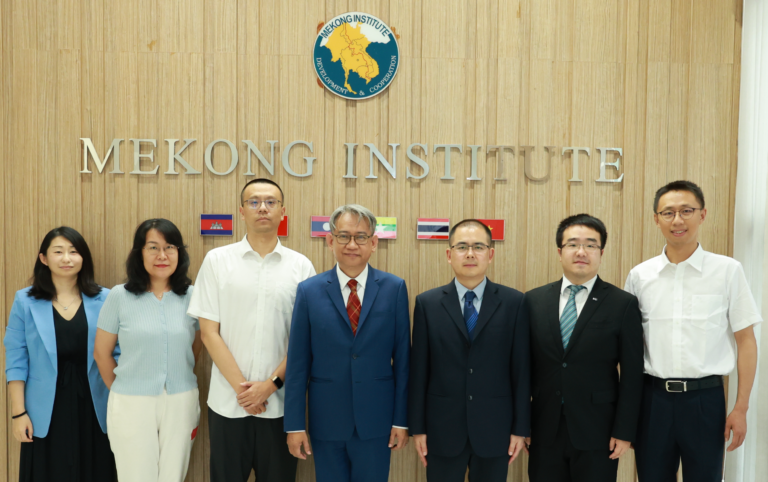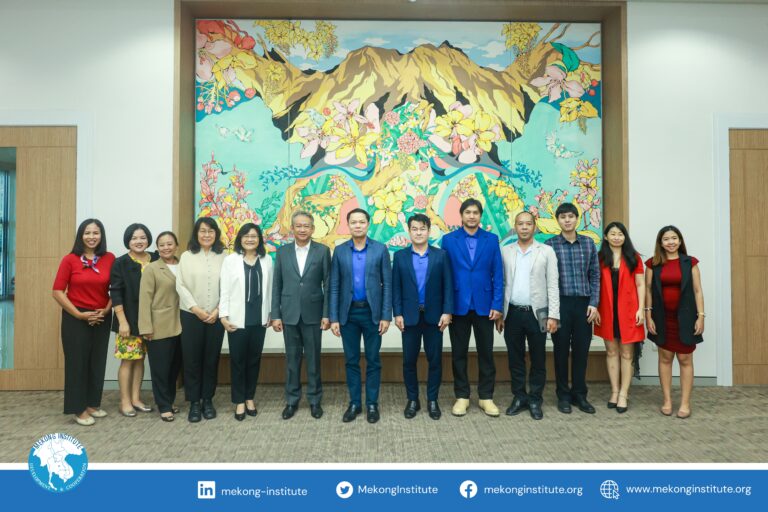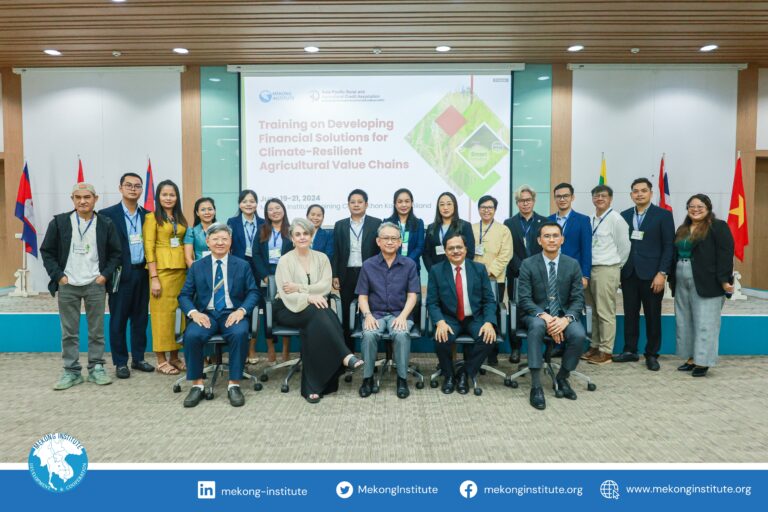The very point of cooperation in Lancang-Mekong subregion is to promote development and improve people’s wellbeing. It is therefore important that MI responds to the new development needs within the region, and champions a vision of development that features win-win cooperation. It is suggested that MI develops and provides more public activities, in particular to help the recovery of tourism, transportation, international trade and other sectors hit hard by the pandemic, and to facilitate regional economic integration. These efforts will surely help the development of benefits to all GMS countries, drive common prosperity for all, and inject fresh impetus to enduring development and prosperity in the region,
said Mr. Yang Shaocheng, MI Council Chairman and representative of P.R. China, representing the Vice Governor of Yunnan Province, in his opening remarks.
Overall, MI’s 2022 activities have been adapted to be both online and onsite due to the constraints posed by the pandemic and diversified to cover human resource development, dialogue, advocacy and project implementation to address transboundary development across the areas of agriculture, trade and investment, energy and the environment. During the period from January to November 2022, MI implemented 34 projects, reaching a total of 2,056 direct participants.
Dr. Narongchai Akrasanee, MI Steering Committee Chairman, stressed the importance of having equitable participation of all GMS member countries in attending MI activities, saying:
We must not forget that the ultimate goal of our cooperation is to promote coordination and integration among all the countries, particularly in tackling cross-border issues. It is therefore important to have both Chinese and Thai participation to make the GMS better. The question is then the arrangement and mechanism to engage both Thai and Chinese participants in all these activities.
In addition to the 2022 performance reporting, Governing Board members have also approved the Concept Note of the Mid-Term Review of MI Strategic Plan 2021-2025 which is planned to be conducted in Q3 of 2023. The Meeting agreed on the tasks to be assigned to the Steering Committee and the Coordinating Agencies in the form of joint monitoring mechanisms for this Mid-term Review and subsequent monitoring of the Strategic Plan.
This year MI has produced a video to recap the highlights of 2022 and presented it to the Governing Board. To see MI’s main achievements, please follow this link: https://www.youtube.com/watch?v=PM3_jEI87bw
Every year, two Governing Board meetings are held: one in July and the other in December. The Governing Boards are comprised of the Council, which serves as the supreme decision-making body of the institute and its functions are to approve the strategic plan and budget and consider the recommendations submitted by the Steering Committee. The Steering Committee’s primary function is to provide guidance on policy, strategy and funding, appraise the performance of MI and its management staff, and submit recommendations to the Council. The Steering Committee reports its activities and deliberations to the Council for acknowledgement and consideration. This year, 2022, P.R. China holds the Chairmanship.


